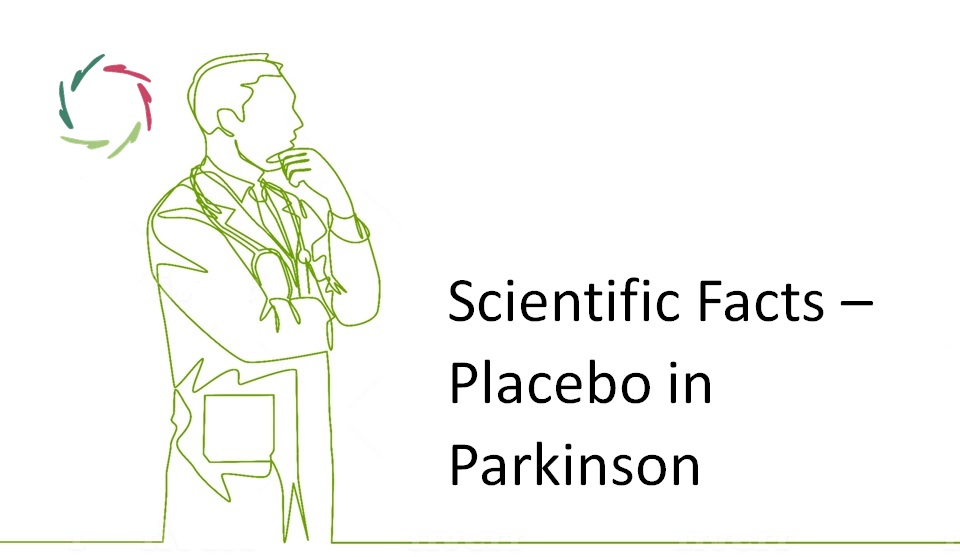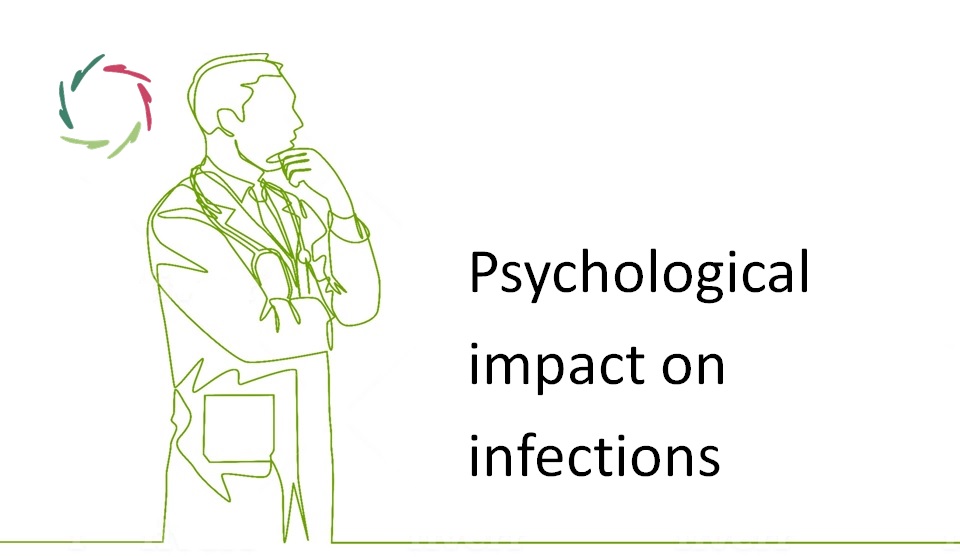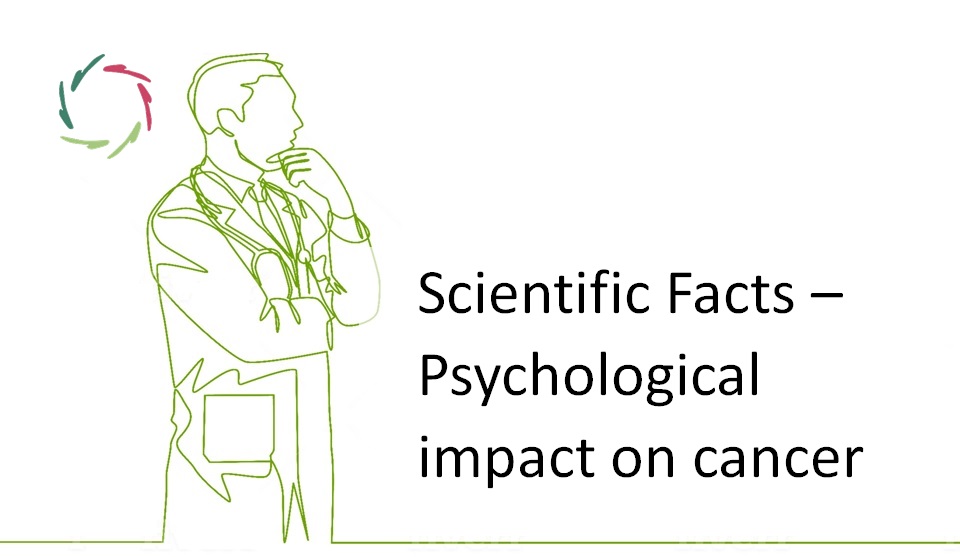Proof of the Mind-Body Connection?

If, as we can see in this category, the mind has significantly more influence over the body than assumed until now, then why has scientific research shown relatively little of this to date? There may be several explanations for this:
- There is a fairly substantial body of proof, but it is not well known within most fields of medicine.
- There has been little financial investment in this area, and it is obviously of little interest to the pharmaceutical industry.
- Ethical concerns rightly impede scientific investigation on humans.
- The ‘deeper meaning’ of things is tough to investigate using present-day scientific techniques. Science as we know it is not designed for areas such as this, but instead for domains that address clear-cut conceptual entities with ‘sufficient and necessary characteristics.’ Deeper meaning is difficult to conceptualize, and is therefore hard to investigate: people react very differently under similar circumstances. When a parent dies, one person may cry, whereas another may look forward with anticipation to the reading of the will. Similarly, a person who has enjoyed fantastic professional success may still harbor a deep resentment because of the negative impact this success has had on her personal time and therefore on her social life.
- The ‘real’ world in which deeper meaning exerts its influence is difficult to control. There is always a multitude of confounding factors, making good science very difficult. As a result, so-called double-blind studies in the domain of subconceptual processing are almost impossible.
Yes, further proof of the mind’s influence on the body is needed. Still:
- There is a sound theoretical basis for mind-body unity.
- Relevant research has been done. The results point to the conclusion that the mind can and does influence the body.
In my view, Lisa will make a huge difference in this, enabling us to make correct distinctions in mental patterns, finding which ones are health or illness related, and perform science on the fly. [see: “Lisa“]


